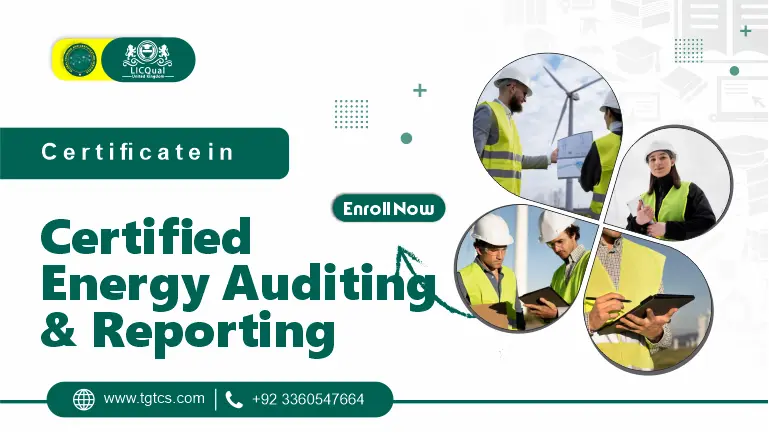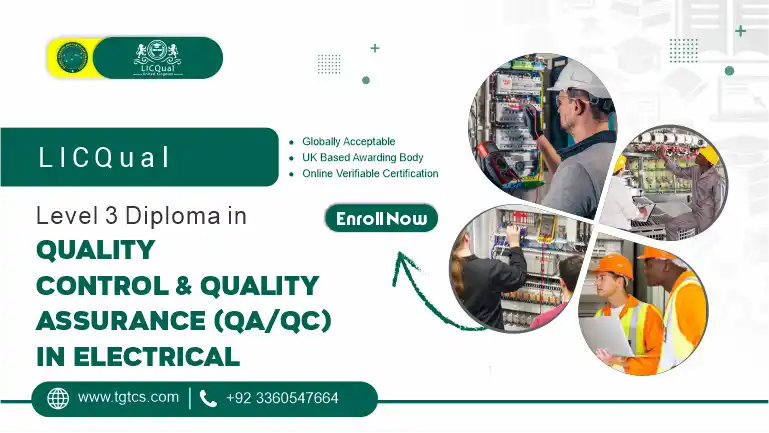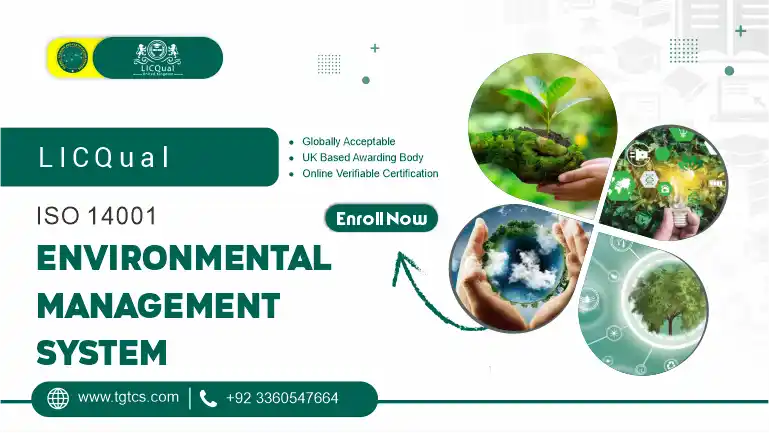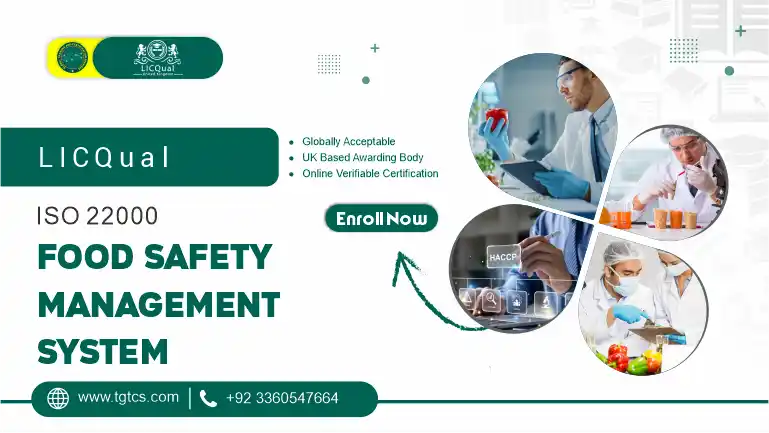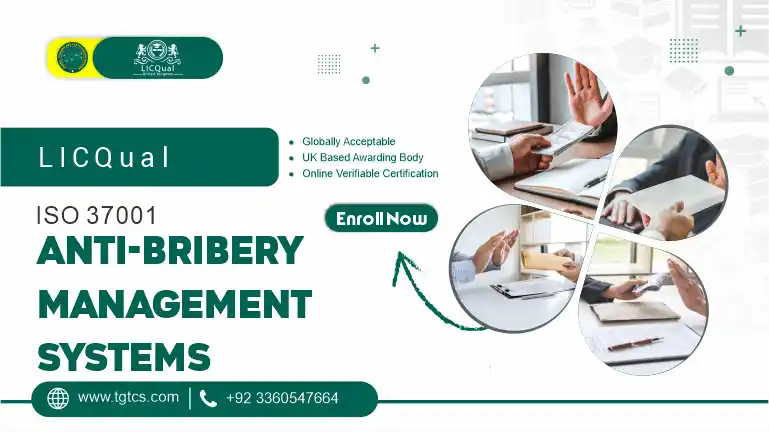Certificate in Certified Energy Auditing & Reporting
Elevate Your Career with the Certificate in Certified Energy Auditing & Reporting!
In the fast-paced world of today, where energy consumption is at an all-time high, the need for sustainable practices has never been more critical. Certified Energy Auditing & Reporting emerges as a beacon of hope, offering businesses and industries a strategic roadmap towards energy efficiency and environmental responsibility.
Certified Energy Auditing serves as the cornerstone of any sustainable energy management plan. It involves a meticulous examination of energy usage within a facility, identifying areas of inefficiency, and proposing tailored solutions to optimize energy consumption. These audits are not just about cutting costs; they are about fostering a culture of responsibility and resilience in the face of our planet’s evolving energy needs.
Certification in Energy Auditing lends credibility to the process. It ensures that the auditing professional is well-versed in the latest industry standards and possesses the expertise to deliver accurate assessments. A certified energy auditor brings not only technical knowledge but also a commitment to ethical practices, transparency, and quality service.
A key outcome of the energy auditing process is the generation of comprehensive reports. These reports serve as invaluable tools for decision-makers, offering insights into the current state of energy consumption, potential risks, and, most importantly, the roadmap to a more sustainable future.
Certified Energy Auditing & Reporting is not just a business necessity; it’s a moral imperative in today’s world. It aligns economic goals with environmental responsibility, providing a holistic approach to energy management. As we navigate a future where sustainable practices are paramount, embracing certified energy auditing becomes a crucial step towards a brighter, more efficient tomorrow.
Enroll Today and Transform Your Career!
Don’t miss this opportunity to become a certified expert in Certified Energy Auditing & Reporting. Elevate your career, contribute to a sustainable future, and join the ranks of professionals making a positive impact on the world. Enroll Now– Your journey to a brighter, more sustainable future begins here!
In the pursuit of a sustainable and energy-efficient future, businesses and industries are increasingly turning to Certified Energy Auditing & Reporting as a strategic means to optimize energy consumption.
A “Certificate in Certified Energy Auditing & Reporting” could be a specialized training program designed to equip individuals with the knowledge and skills needed to conduct energy audits and prepare comprehensive energy reports. Energy auditing involves the assessment of energy consumption in buildings, industrial facilities, or other systems to identify opportunities for energy efficiency improvements.
Certified Energy Auditing is a structured process designed to evaluate and enhance the energy efficiency of a facility or organization. It involves a thorough examination of energy consumption patterns, equipment efficiency, and overall energy management practices. The goal is not only to identify areas of inefficiency but also to provide actionable recommendations for improvement.
Certification in Energy Auditing is a crucial aspect of the course. It signifies that the professional has undergone rigorous training, possesses a deep understanding of industry standards, and is equipped to provide accurate and reliable energy assessments. Certification ensures that the auditor is committed to ethical practices, transparency, and maintaining the highest standards in their work.
Reporting is an integral part of the Certified Energy Auditing process. It involves the generation of detailed reports that encapsulate the findings of the audit and provide a roadmap for implementation. These reports serve as valuable tools for organizations, offering insights into potential cost savings, environmental impact, and the overall benefits of adopting energy-efficient practices.
Benefits of obtaining a Certificate in Certified Energy Auditing & Reporting includes:
1. Cost Savings:
- Identify and rectify inefficiencies to significantly reduce energy costs.
- Implementing energy-efficient practices leads to long-term financial savings for organizations.
2. Environmental Responsibility:
- Contribute to sustainability efforts by reducing carbon footprint and minimizing the environmental impact of energy consumption.
- Align organizational practices with global initiatives for a cleaner and greener planet.
3. Compliance Assurance:
- Stay abreast of evolving energy regulations and standards, ensuring organizational compliance.
- Proactively address potential legal and regulatory challenges related to energy management.
4. Optimized Equipment Performance:
- Evaluate the efficiency of existing equipment and systems to extend their lifecycle.
- Identify opportunities for equipment upgrades that enhance overall performance and reduce energy consumption.
5. Strategic Resource Allocation:
- Gain insights into energy usage patterns to make informed decisions about resource allocation.
- Allocate budget resources more effectively by targeting areas that offer the highest return on investment in terms of energy efficiency.
6. Enhanced Organizational Reputation:
- Showcase commitment to sustainability and environmental stewardship.
- Enhance the organization’s reputation as a socially responsible and environmentally conscious entity.
7. Competitive Advantage:
- Gain a competitive edge by adopting energy-efficient practices and showcasing environmental responsibility.
- Attract environmentally conscious customers, partners, and stakeholders.
8. Employee Engagement and Morale:
- Foster a culture of energy awareness and responsibility among employees.
- Boost employee morale by contributing to a workplace committed to sustainability.
9. Risk Mitigation:
- Identify and mitigate potential risks associated with energy management, ensuring business continuity.
- Proactively address vulnerabilities related to energy supply and demand.
10. Professional Development:
- Acquire a valuable skill set that is increasingly in demand across industries.
- Enhance career prospects by becoming a certified energy auditor, contributing to personal and professional growth.
11. Adaptability to Changing Energy Landscapes:
- Stay ahead of evolving energy trends and technologies.
- Position the organization to adapt to changes in the energy landscape, including advancements in renewable energy and emerging technologies.
12. Improved Overall Efficiency:
- Optimize energy usage across various systems and processes for improved overall efficiency.
- Contribute to the creation of a lean and high-performance organizational environment.
13. Positive Impact on Corporate Social Responsibility (CSR):
- Demonstrate a commitment to CSR by actively participating in energy-efficient initiatives.
- Showcase the organization’s dedication to social and environmental causes.
In conclusion, undertaking the Certified Energy Auditing & Reporting Course offers a myriad of benefits, ranging from financial savings to environmental stewardship. By investing in energy efficiency, organizations position themselves for long-term success in a world that increasingly values sustainability and responsible resource management.
Learning Outcomes for Certified Energy Auditing & Reporting Course:
1. Introduction to Energy Audit:
- Gain a foundational understanding of the principles, objectives, and significance of energy audits in modern organizational settings.
- Develop insight into the role of energy audits in achieving sustainability and efficiency goals.
2. Types of Energy Audit and Approach:
- Differentiate between various types of energy audits, understanding when and how to apply each approach.
- Develop a strategic mindset for selecting the most appropriate energy audit type based on organizational needs.
3. Preparation for Detailed Energy Audit:
- Acquire skills in preparing for a comprehensive energy audit, including data collection, stakeholder engagement, and initial assessment.
- Understand the importance of thorough preparation in ensuring the success of the audit process.
4. Conducting Detailed Energy Audit:
- Demonstrate proficiency in executing a detailed energy audit, employing industry-standard methodologies and tools.
- Develop hands-on experience in conducting on-site assessments and gathering relevant data for analysis.
5. Detailed Energy Performance Assessment:
- Learn to evaluate the performance of energy-consuming systems and equipment in a detailed manner.
- Analyze energy performance data to identify inefficiencies and opportunities for improvement.
6. Analysis of Energy Use and Material Balance:
- Develop skills in analyzing energy consumption patterns and establishing material balances for energy flows.
- Understand the principles of mass and energy conservation in the context of organizational processes.
7. Benchmarking:
- Learn the process of benchmarking energy performance against industry standards and best practices.
- Apply benchmarking techniques to assess the relative efficiency of organizational energy use.
8. Cost-Benefit Analysis:
- Acquire the ability to perform cost-benefit analyses for proposed energy efficiency measures.
- Evaluate the financial viability of energy-saving initiatives and make informed recommendations.
9. Detailed Energy Audit Reporting:
- Develop effective communication skills to convey audit findings and recommendations clearly.
- Create comprehensive energy audit reports that are accessible to a range of stakeholders, from technical teams to management.
10. Post-Audit Activities:
- Understand the importance of follow-up activities post-audit, including monitoring and verification of implemented measures.
- Learn to continuously assess and refine energy management strategies for sustained efficiency gains.
By the end of the Certified Energy Auditing & Reporting Course, participants will possess a well-rounded skill set encompassing technical expertise, analytical capabilities, and effective communication skills. Graduates of the course will be equipped to drive positive change within organizations by implementing energy-efficient practices and contributing to a more sustainable future.
The Certified Energy Auditing & Reporting Course is designed for a diverse range of professionals across industries who are keen on enhancing their expertise in energy management, sustainability, and efficiency. This course is particularly beneficial for:
- Energy Managers and Analysts:
- Individuals responsible for overseeing and optimizing energy consumption within organizations.
- Those aiming to deepen their understanding of energy auditing principles and best practices.
- Facilities Managers:
- Professionals involved in the management and maintenance of facilities seeking to improve energy efficiency.
- Individuals looking to implement energy-saving measures to enhance overall facility performance.
- Sustainability Managers:
- Professionals dedicated to incorporating sustainable practices within their organizations.
- Those aiming to align corporate sustainability goals with practical energy management strategies.
- Engineers (Environmental, Mechanical, Electrical):
- Engineers seeking to specialize in energy efficiency and contribute to sustainable engineering practices.
- Professionals interested in integrating energy auditing skills into their technical skill set.
- Environmental Consultants:
- Consultants focused on advising organizations on environmentally responsible practices.
- Those looking to expand their services to include comprehensive energy auditing and reporting.
- Corporate Decision-Makers:
- Executives, managers, and decision-makers responsible for strategic planning and resource allocation.
- Individuals seeking to implement cost-effective energy-saving measures within their organizations.
- Government and Regulatory Professionals:
- Professionals working in government agencies or regulatory bodies involved in energy management and compliance.
- Those aiming to stay updated on the latest energy audit standards and regulations.
- Students and Researchers:
- Students pursuing degrees in engineering, environmental science, or related fields.
- Researchers interested in contributing to the advancement of energy efficiency and sustainability.
- Anyone Committed to Sustainability:
- Individuals passionate about environmental stewardship and sustainability.
- Those looking to make a positive impact on their organization’s carbon footprint through practical energy management strategies.
This course is structured to accommodate a broad spectrum of participants, from those with a technical background to professionals in leadership roles. It offers valuable insights and practical skills that can be applied across various industries, making it an ideal choice for anyone committed to driving positive change through enhanced energy efficiency and responsible resource management.
Mandatory Unit
- Introduction to Energy Audit
- Types of Energy Audit and Approach
- Preparation for Detailed Energy Audit
- Conducting Detailed Energy Audit
- Detailed Energy Performance Assessment
- Analysis of Energy Use and Material Balance
- Benchmarking
- Cost Benefit Analysis
- Detailed Energy Audit Reporting
- Post Audit Activities
